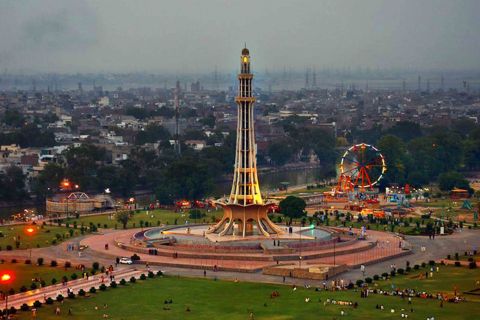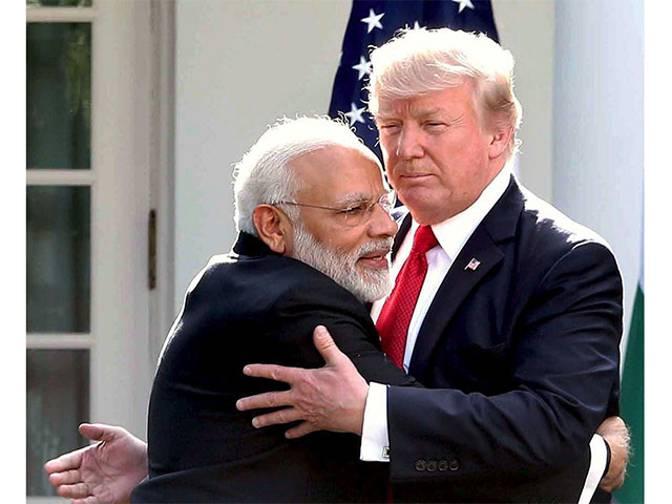With no sign of ending of violence in the south and central Asian region and peaceful resolution of the ongoing conflicts, the need for policy overhaul and revision is time and again debated upon and becoming a hot issue of national discourse. Amid growing isolation, its unclear whether the Pakistani policy makers have the necessary understanding and realization of the gravity of the situation? Has this realization started translating in to the policies? Is there any substantial policy shift? If there is a shift, is it real or just cosmetic? Is the state willing to redefine and revisit its ideology basics? Is Pakistani state  ready to abandon its policy of expansion of ideology and set its trade and economic interest at the core of its foreign relations? Whether the state has the will and capacity to bottle the jinni of extremism and terrorism? Is the state ready to disengage with its creatures (militant groups)? Will the military continue to monologise the vital strategic decision making process ? These are some of the questions under discussion for years by the concerned citizens at different public forums.
ready to abandon its policy of expansion of ideology and set its trade and economic interest at the core of its foreign relations? Whether the state has the will and capacity to bottle the jinni of extremism and terrorism? Is the state ready to disengage with its creatures (militant groups)? Will the military continue to monologise the vital strategic decision making process ? These are some of the questions under discussion for years by the concerned citizens at different public forums.
Pakistan Army has so far completed several operations and there is a talk about the new crack down and search operations. An operation is just one of the simplest, traditional tool of dealing with menace of terrorism while the current phenomenon of terrorism is very complex and multi-dimensional which needs a more comprehensive and inclusive approach. Extremism is well-entrenched in all aspect of our society and it can be dealt with concerted efforts and a strategy addressing its social, ideological, cultural and economic aspects.
Pakistan is one of those few countries of the world where majority of its citizens criticize or disown its policies – both internal as well as external. It is mainly because of inherent strategic confusion, non-inclusive policy making process and the traditional and faulty national security doctrines.
The government is under tremendous internal and external pressure for policy revision. The multi-faceted crisis currently faced by the country and triggered by these wrong policies is not only a manifestation of the depth and severity of the crisis but also a cumulative effect of these policies, drafted and implemented over the last 50 years.
During the last three years, the civil-military balance is visibly tilted in favor of the later. With the resignation of Mian Nawaz Sharif from premiership, the civil- military relations further imbalanced in favour of later. For most if the observers , Nawaz Sharif ouster is the result of deep rooted mistrust over his government policies or his policy designs among military dominated establishment. The military encroachment upon strategic policy making is expected to further deepen and civilians appear to be cornered.
As far as the strategic policy making process is concerned, it is flawed in many ways. Its base is closed, India-centric, military led and ideological-oriented. Normally, states keep some of its strategic policies secret but in Pakistan the whole policy making process is secretive. In every state there exist groups, lobbies and vested interests which strive for influencing its policies for furthering their interests but the civilized nations always try to strike an optimum balance between the conflicting interests. Due to lack of inclusive and participatory policy making process, sometimes a majority ethnic or religious group start dominating the policy making process which further deepens the mistrust or deprivation among minority cultural, ethnic and religious group. One ought not be surprised if there is someone among the Pakistani policy makers who honestly considers one or more sects as infidel or an ethnic group unpatriotic.
Amid closed and secretive policy making process, it becomes extremely difficult to hold any one responsible for any policy blunders. Ironically, we did not yet formally held any one individual or institution responsible for the debacle of East Pakistan that occurred 45 years ago. The dilemma, where the constitutionally mandated bodies are expelled from policy making process and the encroachers are dominating it often, cause confusion. This is one of the reasons of lack of ownership of the policies among the mandated ones. If the key foreign policies are not made by foreign office then how they could defend it.
Two factors are contributing to the above mentioned confusion. Firstly, there is no clear ideological differentiation between the state and anti-state actors. Secondly, there is still confusion whether the state has really decided to disengage with its proxies or continue its engagement under different pretexts or forms.
Still, in the conflict-hit areas, for most of the people military and militants are two sides of the same coin as ordinary people daily see, witness and hear stories about the engagement of state with non-state actors. It might be of some importance for the policy makers for providing lame excuses or justifications to its policy misgivings but most of the people in conflict-hit areas did not subscribe to the narrative of Good and Bad Taliban.
Furthering trade and economic interests is one of the main components of modern day diplomacy rather than exporting extremism. Due to our policies, Pakistan became an epicentre of Jihad or in outsiders’ view a hotbed of terrorism, which attracted volunteers from all over the world but failed to record any significant achievements in our trade. Yes, we got some quota concession and access to international market as a meager compensation to our role in war on terror.
In the past, policymakers have successfully used two cards –religion and India – to justify or cover its  blunders or policy miscarriages. One can do anything in Pakistan in the name of religion and justify anything by fomenting and using anti-India feelings. No doubt India has long been considered an enemy but there exists an enmity between India and China as well but it did not restrict or hinder both the countries to strengthen their trade and economic ties.
blunders or policy miscarriages. One can do anything in Pakistan in the name of religion and justify anything by fomenting and using anti-India feelings. No doubt India has long been considered an enemy but there exists an enmity between India and China as well but it did not restrict or hinder both the countries to strengthen their trade and economic ties.
One of the elements of the viable and successful counter-insurgency or counter-terrorism strategies is differentiation of ideology of state and anti-state actors and subsequently its ideological positions.
One cannot check or curtail religious extremism unless and until the religious commonalities between state and non-state actors either clearly differentiated or done away with. As an Islamic Republic, it is the foremost duty of the state to come up with a clear policy on Jihad and clarify the confusion not only in the minds of common people but also in its own ranks and file.
It’s an open secret now that the non-state actors were indoctrinated by the state on religious lines and motivations. Later on the ideological base of the non-state actors further diversified and deepened when the Pakistani state facilitated its links with some external state and non-state actors, particularly certain conservative Gulf States and Arab extremist groups.
The Pakistani state is targeting militants while there is no viable policy for checking the extremism which is the mother of all evils.
Of late, the Pakistani policy makers started to realize and accept the disastrous nature and impact of its strategic policies but still complete disengagement is lacking. Due to the old mind set and disastrous and confused policy of Good and Bad Taliban, the process of revision, formulation and even implementation of the new policies is slow and half-hearted. Most important is the change in institutional mindset rather than individual overtures. The process of change of mind set is a very slow and time consuming but with strong will, commitment and deliberate action it could be changed.
For change of institutional mind set there is need for revision of syllabus at academies for the civil and military officers, strict adherence to the constitutional mandate and redefining the national security doctrines.
Policy change is not merely a process of categorizing the evil into bigger or lesser or in our case in Good or Bad Taliban but it needs concrete actions and will for rooting it out in all its forms.
The author is a political commentator mainly covering socio-political and peace issues. He frequently comments on regional issues, especially Afghanistan. Aimal Khattak can be contacted at: aimalk@yahoo.com



